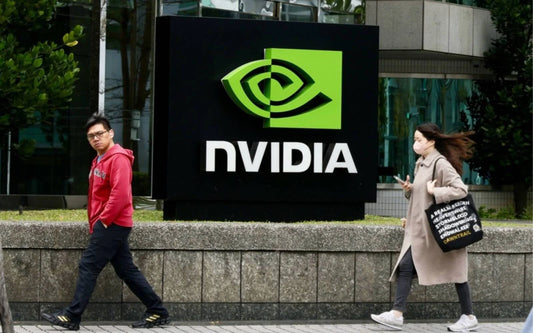U.S. billionaire Elon Musk has recently come under fire from German politicians for his public endorsement of the right-wing Alternative for Germany (AfD) party. This move has sparked criticism from both the government and opposition in Germany, with many deeming it as "intrusive" outside influence.
What prompted the backlash?
Musk's support for the AfD has raised eyebrows in Germany, especially given the upcoming elections on Feb. 23. The timing of his endorsement, coupled with his role as an outside adviser to U.S. President-elect Donald Trump's administration, has added fuel to the fire.
Why is this controversial?
The AfD is known for its controversial stance on various issues, including immigration, climate change, and the European Union. Musk's alignment with the party has been seen as a departure from his usual progressive and forward-thinking image.
What are the implications?
With the collapse of the coalition government led by Chancellor Olaf Scholz, the political landscape in Germany is already in a state of flux. Musk's public support for the AfD has further complicated the situation and raised concerns about foreign interference in German politics.
As a prominent figure in the tech and business world, Musk's actions carry weight and can influence public opinion. His endorsement of a controversial political party like the AfD has the potential to sway voters and impact the outcome of the upcoming elections.
What's next?
It remains to be seen how Musk's support for the AfD will play out in the lead-up to the elections. German politicians are closely monitoring the situation and have called for transparency and accountability in light of Musk's involvement in the country's political affairs.
As the controversy continues to unfold, it serves as a reminder of the complex relationship between technology, business, and politics. Musk's foray into German politics has sparked a debate on the role of billionaires in shaping the future of democracies around the world.




